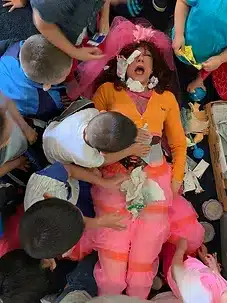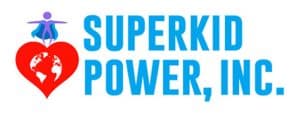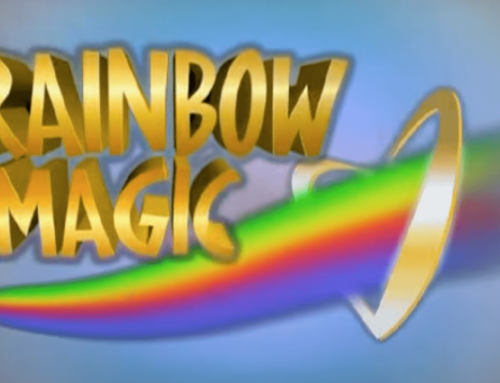3D Earth Care Empathy
May 20, 2019
“Do you like trash thrown on you?” The 3 to 5 year olds responded a resounding “NO!!” I had just put some (clean) recycled items such as envelope pieces, aluminum foil, plastic on each of the 19 preschoolers. Next I laid down on the floor explaining I was pretending to be the earth, holding a small rubber globe. I asked them to take the trash that had been put onto them and place it on me acting as the earth as though they were littering.

There was no asking a second time. There was no hesitation on the part of the students. They were eager to have this experience-based learning. Once they all had littered on me, I spoke as the voice of the earth. “OHHHH I don’t have any hands and can’t pick up the trash all over me! I need help. I need friends with hands to help me be clean.”
A special note here to the reader: I am a very brave soul to have 19 preschoolers milling around my floor based body all at once! I was secretly praying not to get squished and laughing silently at how outrageously fun I am when teaching. Sure wish I’d had a teacher like me!
Immediately, the children all picked up the trash. They were eager to help me. Experience-Based learning in this situation provided an empathic approach that helped preschoolers understand the need for a clean earth. Having experienced trash thrown on them, throwing it on the earth and then cleaning it up provided a full circle of the impact of littering on ourselves and the earth. They would not gain the priceless knowledge of knowing for themselves if a rule had been given to them to memorize. “Don’t litter. It isn’t good for the earth.” They were personally involved in the value learning and could FEEL and SEE the difference.

When asked how they thought the earth feels with trash all over her, pointing to the poster, they all called out, “BAD!” They liked the clean earth and knew she was happy. They smiled when responding about an earth with no litter. More ideas can be found in The Superkid Power Guidebook and a story about how litter impacts animal life in Superkid Saves the Day, both on Amazon and summarized as well on www.grandmaboom.com
Internal awareness of not just how an emotional experience is felt and labeled, but also where it is felt in the body is a cornerstone of my work with young children and has been for 43 years. More ideas on this can be found in the free video with downloads on www.superkidpower.org where basic self regulation anchoring keys are demonstrated.
According to Andresen, Boud and Chkoen (2000), there are some essential components of Experience-Based Learning.
*Something personally significant or meaningful to students
*Students should be personally engaged
*Reflective thought and opportunities for students to discuss their experiences should be ongoing throughout the process.
*The whole person is involved, meaning not just their intellect but also their senses, their feelings and their personalities.”
Reinforcement from a variety of angles on the same topic prove to be fun and successful Here are
some other ways I choreographed the lesson for preschoolers:
We sang the Earth Care song:

I LOVE YOU EARTH
YOU’RE MY HOME,
I’LL CARE FOR YOU
SO YOU’RE NOT ALONE!
After learning the song, we added drumming to our singing. The artwork on environmental bags the children could take home helped them to feel personally engaged in using it at the grocery store to help family carry groceries and to carry their toys. Applicable part of the lesson that called on their own creativity gave them confidence and encouragement to feel like SUPERKIDS! Accountability! Ownership! Responsibility!
Letters home to the parents provided ideas to further reinforce not littering and to recycle with ways the children could be involved. At superkidpower.org we strengthen systems as well as individuals. #EarthneedsSuperKids

